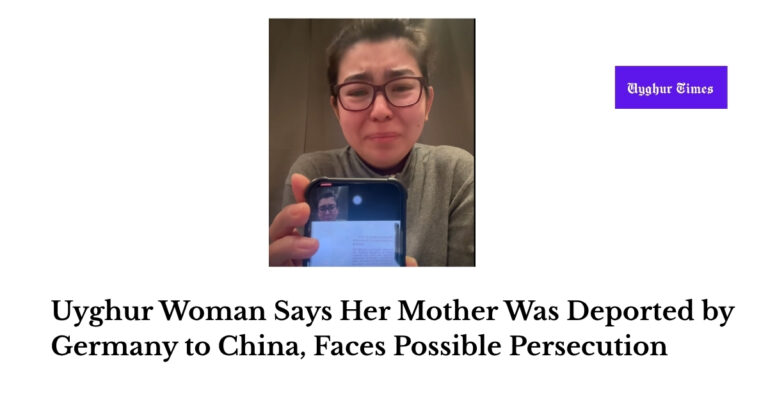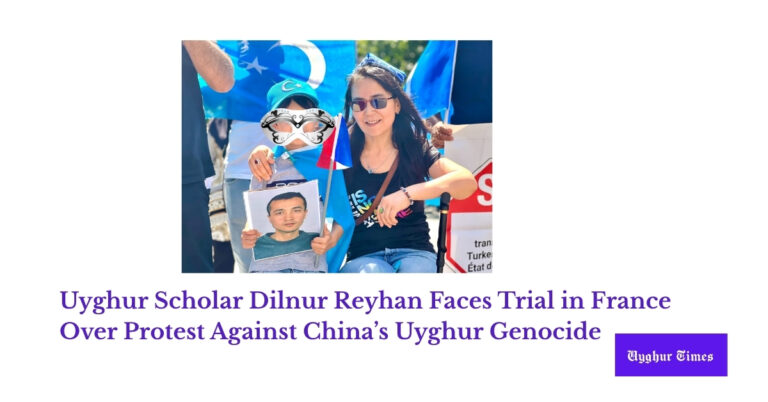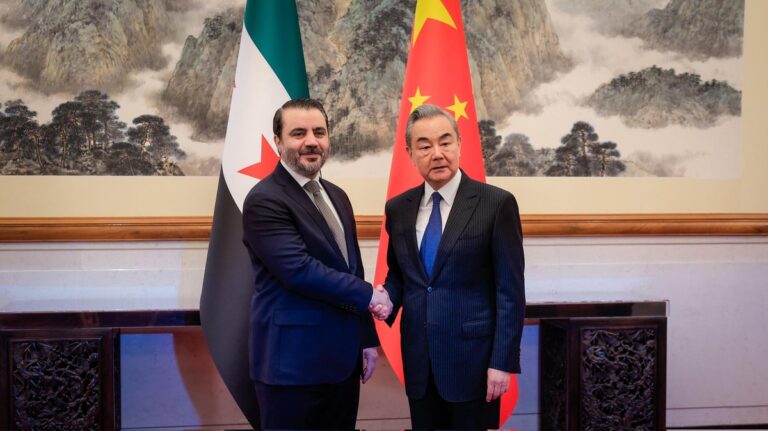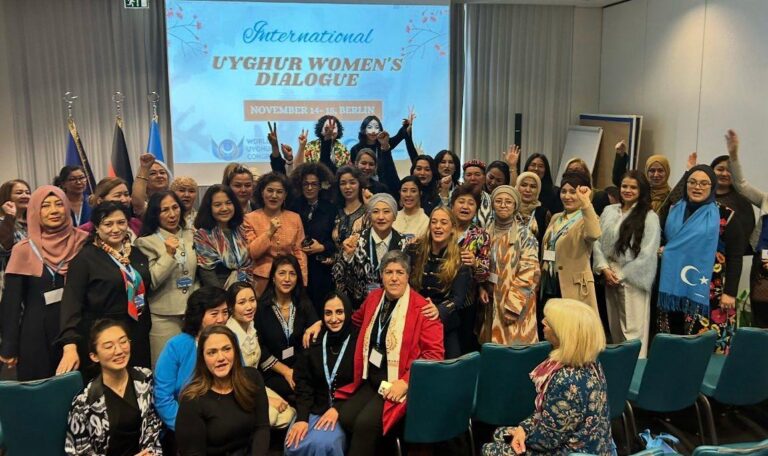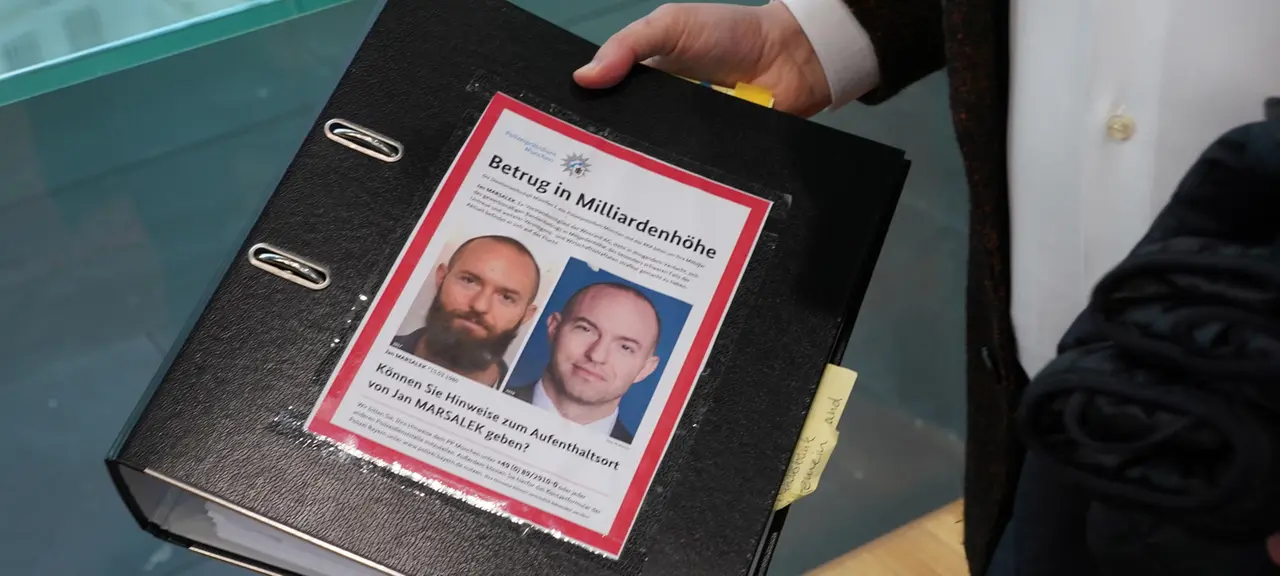
By Uyghur Times Staff
May 20, 2025 – 8:30 p.m. CET
Munich, Germany – New evidence from a UK court case has revealed that Jan Marsalek, the fugitive former executive of German fintech giant Wirecard and suspected Russian agent, offered to spy on Uyghurs in Munich on behalf of China. This disturbing revelation adds to a growing body of evidence that Uyghur diaspora communities in Europe are increasingly targeted by foreign espionage operations, the tagesschau.de German national and international television news service reports.
The Plot to Infiltrate Munich’s Uyghur Community
A trove of chat messages—200,000 in total—presented during a recent trial in London implicates Marsalek in espionage efforts on behalf of multiple countries, including Russia and China. In one 2022 message, Marsalek allegedly asked his Bulgarian contact Orlin Roussev, the leader of a spy cell, whether their “Chinese friends” would be interested in infiltrating Munich, which he described as a “center of the Uyghur diaspora in Europe.”
Jan Marsalek reportedly said:
“I just read about the Uyghur police files and saw that these people are in Munich, Germany. Would our Chinese friends be interested in us infiltrating this location with German nationals?”
To which Orlin Roussev allegedly responded:
“I just sent a message to the office in Beijing, they will get back to us in a day or so.”
Roussev responded that he had contacted “the office in Beijing.” Later, Marsalek followed up, noting that their Chinese counterparts had not expressed interest in the plan to infiltrate the “Munich Uyghur cell.”
Whether any concrete actions were taken is unclear, but the chats highlight the alarming willingness of international actors to collaborate in surveillance of Uyghur communities on foreign soil.
Uyghurs Under Constant Surveillance
This is not an isolated incident. Uyghur communities in Europe, the United States, and elsewhere have long reported harassment, intimidation, and espionage by agents acting on behalf of the Chinese government. Rights groups have documented widespread campaigns to monitor and suppress Uyghur activism abroad.
One of the most high-profile cases involved Dilshat Rishit, the former spokesperson for the World Uyghur Congress (WUC), who was arrested in Sweden last month for allegedly acting as a Chinese informant. Swedish authorities accused him of gathering intelligence on fellow Uyghurs and feeding that information back to Beijing—a deeply shocking betrayal for the global Uyghur community.
In the United States, multiple Chinese agents were charged in 2023 for orchestrating “Operation Fox Hunt” campaigns to harass and repatriate Uyghur dissidents and whistleblowers.
China’s Transnational Repression Expands
China’s use of espionage, digital surveillance, and infiltration to target Uyghurs abroad has expanded beyond its borders, making Europe a key battleground. Munich, home to the WUC and one of the most prominent Uyghur populations in Europe, has emerged as a primary target.
Marsalek’s proposal to spy on Uyghurs for China—if proven—would mark a convergence of Russian and Chinese intelligence interests and raise serious concerns about foreign interference in European democracies.
Background: The Rise and Fall of Jan Marsalek
Jan Marsalek was once a rising star in Germany’s tech industry as the COO of Wirecard. After the company collapsed in 2020 in a multibillion-euro fraud scandal, Marsalek fled and was believed to have taken refuge in Russia. Since then, he has reportedly been working as a Russian agent and has allegedly attempted to broker deals involving military hardware, vaccines, and even assistance with China’s ambitions.
In messages with Roussev, Marsalek even suggested the Chinese military was interested in acquiring captured NATO equipment from Ukraine and discussed ways to cooperate with Chinese intelligence on strategic initiatives.
The Broader Pattern
The Marsalek revelations are part of a broader trend of foreign governments—especially China—targeting Uyghur individuals and organizations abroad through surveillance, coercion, and infiltration. Whether it’s student associations, diaspora communities, or human rights groups, no sector appears safe.
Disclaimer: This story is based in part on reporting by Tagesschau.de.
